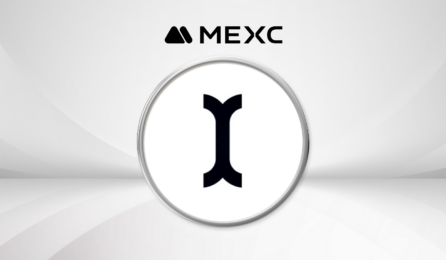
German inflation falls to lowest rate in 2.5 years – but there’s a catch
- This morning, Destatis announced that German inflation dropped to 2.9% in January.
- This represents the country's lowest inflation rate since June 2021 - but other worrying figures remained.
- Potentially, the figures could also clear a path for Euro area rate cuts in the summer.
This morning, Destatis (Germany’s Federal Statistical Office) confirmed some welcome good news for Europe’s largest economy in its final January 2024 inflation report.
Inflation down materially for the first time in over two years
Copy link to sectionBoth in a preliminary statement yesterday and again this morning, Destatis reported that Germany’s annual inflation figures were 2.9% for January 2024 – the lowest reading for the country since June 2021.
Previously, Germany’s inflation rate was at +3.7% for December 2023, and +3.2% for November. On January 16th, Destatis also confirmed that the final inflation rate for the whole 2023 year was 5.9% on an annual average basis.
Destatis on the findings
Copy link to sectionIn a press release, Destatis had this to say:
Energy prices in January 2024 were 2.8% lower than in the same month a year earlier despite the discontinuation of the brake on energy prices and the introduction of a higher carbon price (only in German), which affects the price of fossil fuels such as motor fuels, heating oil and natural gas. The increase in food prices continued to slow (+3.8% on a year earlier) but was still markedly higher than the overall rate of inflation.”
Lower inflation, lower interest rates for Europe?
Copy link to sectionThis is significant, as a recovering German economy with subsiding inflation potentially clears the path for the European Central bank to lower interest rates in the next few months, likely stimulating economic growth for those countries who’s GDP hasn’t been floundering like Germany’s. Read: Euro area GDP data announced.
The catch
Copy link to sectionHowever, all was not entirely rosy with the figures. In the same findings, Destatis also stated that German consumer prices are actually expected to have increased by 0.2% in December 2023, and that “the inflation rate excluding food and energy, often referred to as core inflation, is expected to be +3.4%.”
This suggests that it’s not a simple tale of rebound and recovery for Europe’s most influential economy, which does complicate things for any imminent interest rate cut decisions for the European Central Bank.
More industry news







